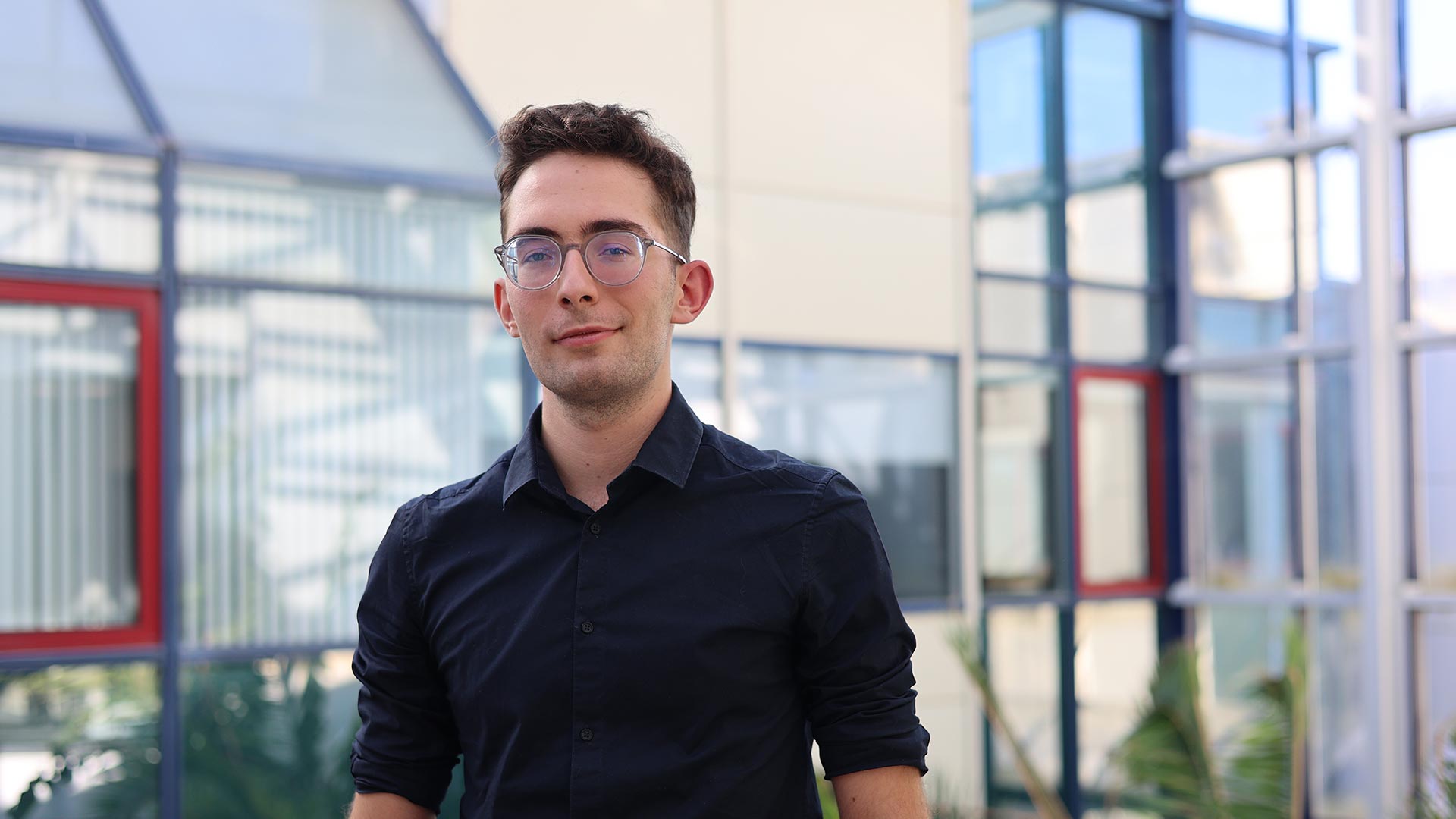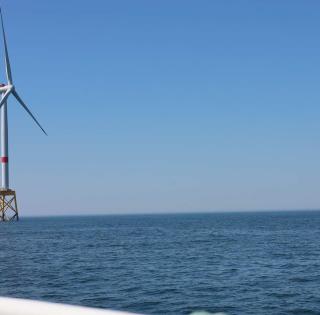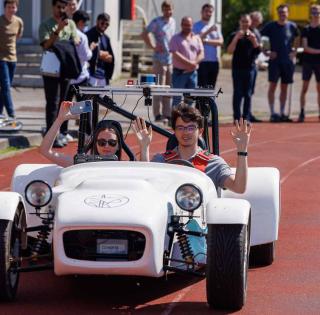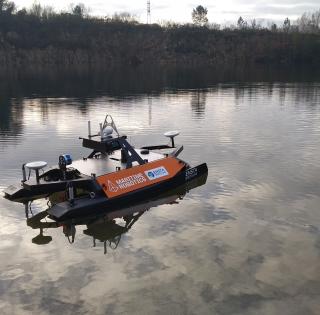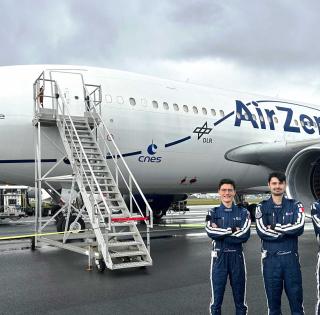
Why did you decide to enroll at ENSTA Bretagne?
I’m originally from the Parisian region and wanted to head somewhere different after my university technology degree (IUT) at Orsay. The maritime world and defense sector appealed to me. So the city of Brest and ENSTA Bretagne seemed the obvious choice!
What duties did you have during your apprenticeship?
I did my apprenticeship in the Parisian region in a company operating in the defense sector. As a functional validation apprentice, I was tasked with performing tests on embedded aeronautic equipment subject to high-pressure environments (critical security infrastructure). I worked on the electronics and software in real time. My duties were confidential, so I can’t talk about them in detail, but the end goal was to make sure the infrastructure was functional and safe (meeting requirements with no vulnerabilities).
What were the highlights of your work experiences for you?
What I enjoy most is to have to tackle actual, concrete issues. I like new challenges, having to manage a problem and anticipate a solution.
What do you remember best about the school?
We’re fortunate to have faculty staff who love what they teach, their enthusiasm really shines through. So the classes are really interesting.
In terms of student life, we can do all sorts of different things, give everything a go. On a personal level, I was behind the SparklingSea initiative, a student project associated with the ENSTAQUA club. The aim was to develop probes to perform measurements at sea for characterizing water temperature and salinity. Over a period of months, we improved the prototype and optimized the electronics of the existing board to end up with a low-tech project (an affordable project that can be produced on a low budget).
During my apprenticeship, I was able to take one month’s leave to visit several Fablabs in Europe. My aim was to meet people from a wide variety of sectors to talk to them about this project. During this expedition, I met people from very different backgrounds who contributed ideas and suggestions in response to my project. It was a rewarding experience in terms of perseverance and learning to be open-minded, which are necessary qualities in my line of work.
Which sector are you working in today?
I was hired in the company where I did my apprenticeship, as a functional validation and test specialist. Over the three-year course, I developed my skill set: from documentary analysis to software development to testing today. This means I am now operational and confident in assuming this role.
What do you like about embedded systems?
New challenges! It’s my job to optimize the infrastructure – and there are all sorts of pressures that have to be considered regarding the systems I work on (space, consumption, power environment and so on). I enjoy the investigative side to my work, from identifying the fault to coming up with solutions.
If you had to explain to a junior high or secondary school student what an embedded systems engineer does, what would you say?
We prove to people who say it can’t be done – that it can!
Where and in what kind of role do you see yourself in five/ten years’ time?
I enjoy the technical aspects, I find this very fulfilling, so for now I see myself continuing in this sector for a few more years. I’ve also learned about some aspects of team management and customer relations, where there’s a real human dimension. Long-term, I’m hoping to work in more open roles, with more interfaces (customers, suppliers, other teams).






